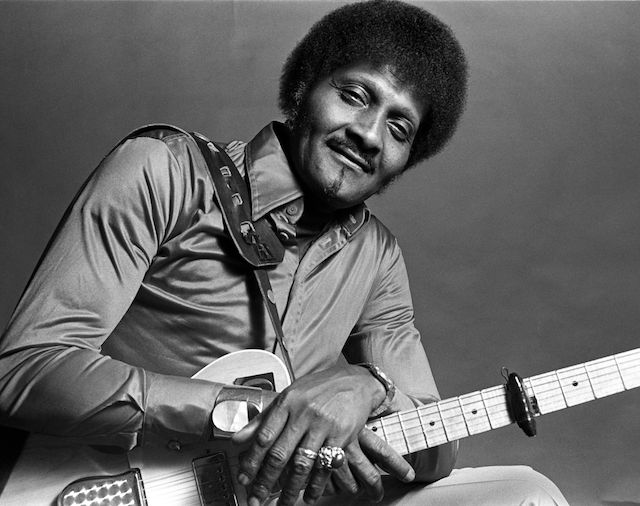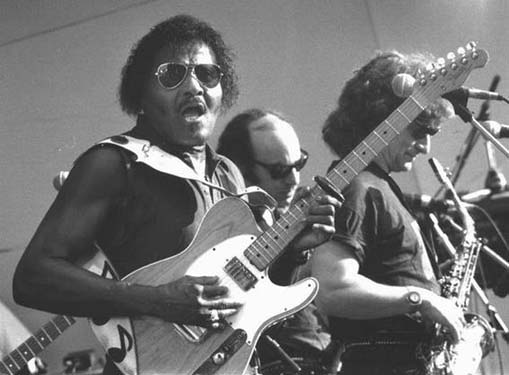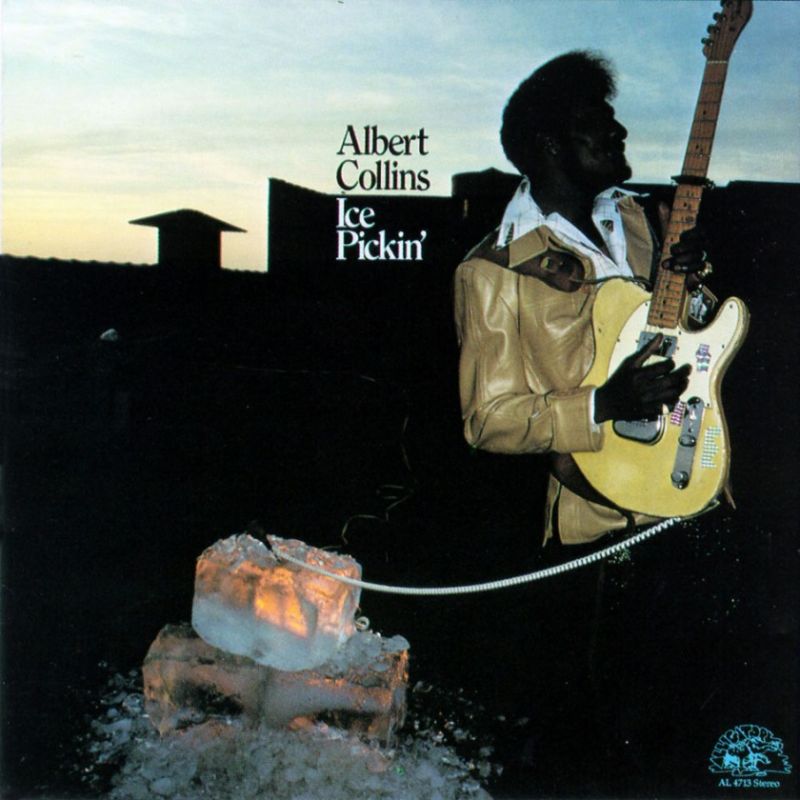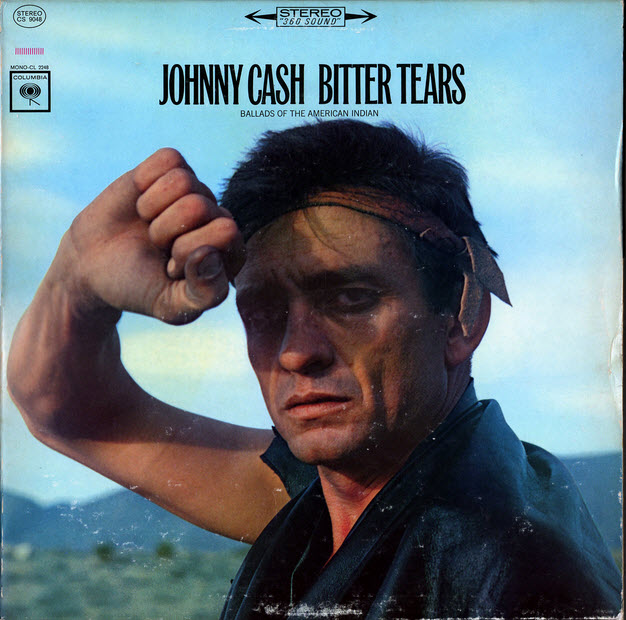I was told when I started to play that simple music is the hardest music in the world to play. And blues is simple music.
~Albert CollinsMost of the time I hum what I’m playing so sometimes it bleeds through on the track. That’s why I get hoarse sometimes when I try to sing, I’ll be humming my notes, and I’m not always aware of how hard I’m doing it. That’s really how I started playing, just with my mouth.
~Albert CollinsIf trouble was money, I’d swear I’d be a millionaire
If trouble was money, babe, I’d swear I’d be a millionaire
~Albert Collins (If Trouble Was Money)
If Trouble Was Money (Live 1990):
From Wikipedia:
| Born | October 1, 1932 Leona, Texas, United States |
|---|---|
| Died | November 24, 1993 (aged 61) Las Vegas, Nevada, United States |
| Genres | Blues, blues rock |
| Occupations | Musician, songwriter |
| Instruments | Guitar, vocals, harmonica |
| Years active | 1952–1993 |
| Labels | Alligator |
Albert Collins (October 1, 1932 – November 24, 1993) was an American electric blues guitarist and singer (and occasional harmonica player) whose recording career began in the 1960s in Houston and whose fame eventually took him to stages across North America, Europe, Japan and Australia. He had many nicknames, such as “The Ice Man”, “The Master of the Telecaster“ and “The Razor Blade”.
| Albert Collins, “The Master of the Telecaster,” “The Iceman,” and “The Razor Blade” was robbed of his best years as a blues performer by a bout with liver cancer that ended with his premature death on November 24, 1993. He was just 61 years old. The highly influential, totally original Collins, like the late John Campbell, was on the cusp of a much wider worldwide following via his deal with Virgin Records’ Pointblank subsidiary. However, unlike Campbell, Collins had performed for many more years, in obscurity, before finally finding a following in the mid-’80s. ~Richard Skelly (allmusic.com) |
Iceman:
Albert Collins was an inspiration to a generation of Texas guitar players including Stevie Ray Vaughan and Jimmie Vaughn. He was amongst a small group of Texas blues players, along with Johnny “Guitar” Watson and Johnny Copeland, who together shaped the legacy of T-Bone Walker into a modern blues template that was to have a major influence on many later players.
From an interview with Robert Cray in Guitar World magazine:
…it was seeing Albert Collins at a rock festival in 1969 that really turned his head around. Two years later, Collins played at Cray’s high school graduation party in Tacoma, Washington, and the ice-pick sound really sunk in deep. “That was it,” Cray recalls. “That changed my whole life around. From that moment I started seriously studying the blues.”
Album of the day – Ice Pickin’ (1978):
From allmusic – Thom Owens:
Ice Pickin’ is the album that brought Albert Collins directly back into the limelight, and for good reason, too. The record captures the wild, unrestrained side of his playing that had never quite been documented before. Though his singing doesn’t quite have the fire or power of his playing, the album doesn’t suffer at all because of that — he simply burns throughout the album.
….read more over @ allmusic.com
Other October 1:
- Al Jackson, Jr. (November 27, 1935 – October 1, 1975) was a drummer, producer, and songwriter. He is best known as a founding member of Booker T. & the M.G.’s, a group of session musicians who worked for Stax Records and produced their own instrumentals. Jackson was called “The Human Timekeeper” for his drumming ability.
– - Bitter Tears: Ballads of the American Indian is a concept album and twentieth album released by country singer Johnny Cash in 1964 on Columbia Records. It is one of several Americana records by Cash; as its title implies, the tracks on the album focus exclusively on the history of and problems facing Native Americans in the United States. Cash had been convinced that his ancestry included members of the Cherokee tribe, and this partly served as inspiration for recording Bitter Tears, but later on as he began researching his ancestry, he actually had no Cherokee ancestry, but Scottish, English, and Scots-Irish ancestry. Throughout the album, Cash concentrates on the harsh and unfair treatment of the indigenous peoples of North America.
Released October 1, 1964 Recorded March 5, 1964 – June 30, 1964 Genre Country Length 31:13 Label Columbia Producer Don Law, Frank Jones
-Egil




